Κείμενο
Το σύνδρομο ευερέθιστου εντέρου, ή όπως λεγόταν παλιότερα, η σπαστική κολίτιδα, είναι μία πάθηση που σχετίζεται με εγκλωβισμό των αερίων στο λεπτό έντερο που αρκετές φορές έχουν ως συνέπεια τον πόνο. Δεν υπάρχει καμία διαγνωστική εξέταση που να δείχνει ότι κάποιος πάσχει από σύνδρομο ευερέθιστου εντέρου, και είναι μία διάγνωση στην οποία καταλήγουμε αφού έχουμε αποκλείσει άλλες παθήσεις που σχετίζονται με παρόμοια συμπτώματα. Σήμερα θα ήθελα να πω κάποια πράγματα για το σύνδρομο ευερέθιστου εντέρου που είναι σημαντικό να γνωρίζετε, γιατί είναι μία πάθηση που εμφανίζεται πάρα πολύ συχνά και δεν είναι τόσο αθώα όσο θεωρούν κάποιοι. Ξεκινώντας, θα ήθελα να εξηγήσω ποια είναι η αιτία αυτού του συνδρόμου, ή για την ακρίβεια ποιες είναι οι αιτίες. Το σύνδρομο ευερέθιστου εντέρου συνήθως δεν οφείλεται σε μία αιτία, αλλά σε μία σειρά από παράγοντες που συνυπάρχουν σε έναν άνθρωπο. Αυτοί οι παράγοντες χωρίζονται σε δύο μεγάλες ομάδες. Παράγοντες οι οποίοι είναι αναστρέψιμοι και παράγοντες οι οποίοι είναι μη αναστρέψιμοι. Όταν έρχεται κάποιος στο ιατρείο μου για να τον βοηθήσω να αντιμετωπίσει τα συμπτώματα του συνδρόμου ευερέθιστου εντέρου, πολλές φορές με ρωτάει γιατί πάσχει. Αρχικά αναλύω τους μη αναστρέψιμους παράγοντες, παράγοντες δηλαδή που αυτή τη στιγμή είναι αργά ή είναι αδύνατον να αλλάξουμε. Για παράδειγμα το φύλο, γνωρίζουμε ότι οι γυναίκες εμφανίζουν συχνότερα τέτοια ενοχλήματα απ’ ότι οι άντρες. Άρα, το να είναι ένας ασθενής γυναίκα την εκθέτει σε μεγαλύτερο κίνδυνο να πάσχει από το σύνδρομο. Αυτό όμως δεν μπορούμε να το αλλάξουμε. Βλέπουμε επίσης ότι η πιθανότητα εμφάνισης σχετίζεται με την ηλικία. Αυτό σημαίνει ότι το σύνδρομο εμφανίζεται σπάνια όταν κάποιος είναι 10 ετών, ενώ δεν είναι καθόλου σπάνιο όταν κάποιος είναι 30 ή 40 ετών. Άρα, η πιθανότητα να πάσχει κάποιος αυξάνεται με την ηλικία. Αλλά, ούτε την ηλικία μπορούμε να αλλάξουμε. Γνωρίζουμε επίσης ότι παίζει πολύ σημαντικό ρόλο η βρεφική διατροφή, δηλαδή η διατροφή τα πρώτα ένα-δύο χρόνια της ζωής

μας, όπως και η χρήση ή κατάχρηση αντιβιοτικών στην παιδική ηλικία. Προφανώς, ούτε αυτά μπορούμε να τα αλλάξουμε. Δεν μπορούμε να γυρίσουμε το χρόνο πίσω και να αλλάξουμε τη βρεφική διατροφή. Άλλοι μη αναστρέψιμοι παράγοντες είναι τα γονίδια, τα παιδικά τραύματα και η κακοποίηση στην παιδική ηλικία, η ευαισθησία στην αντίληψη του πόνου, και άλλοι. Υπάρχουν όμως και κάποιοι παράγοντες που παίζουν σημαντικό ρόλο και είναι αναστρέψιμοι. Ο σημαντικότερος αναστρέψιμος παράγοντας είναι η διατροφή. Άλλος αναστρέψιμος παράγοντας είναι το άγχος και η κατάθλιψη. Αυτά τα δύο γνωρίζουμε ότι επηρεάζουν σημαντικά την πιθανότητα να εμφανίσει κάποιος συμπτώματα, και μπορούμε να τα αλλάξουμε. Άλλος παράγοντας που είναι αναστρέψιμος και αλλάζει δύσκολα είναι η περιβαντολογική ρύπανση. Φυσικά είναι δύσκολο να αλλάξουμε τους ρύπους τους οποίους εκτίθενται το σώμα μας, αλλά θεωρητικά μπορεί κάποιος να πάει να μείνει σε ένα χωριό που ο αέρας είναι πιο καθαρός και το νερό σε πολύ καλύτερη κατάσταση. Σίγουρα και οι τροφές που θα βρίσκει εκεί θα είναι λιγότερο επιβαρυμένες σε φυτοφάρμακα και άλλες τοξίνες. Είναι όμως δύσκολο να κάνουμε μια τόσο δραστική αλλαγή. Επίσης, η έλλειψη γυμναστικής είναι ένας παράγοντας που μπορούμε να αντιμετωπίσουμε. Γνωρίζουμε ότι τα άτομα που γυμνάζονται συστηματικά εμφανίζουν σπανιότερα σύνδρομο ευερέθιστου εντέρου, ενώ τα άτομα που δεν γυμνάζονται και πάσχουν από σύνδρομο ευερέθιστου εντέρου όταν ξεκινήσουν να γυμνάζονται συνήθως βλέπουμε σημαντική βελτίωση στα συμπτώματα. Αυτοί είναι οι κύριοι αναστρέψιμοι παράγοντες, και όπως καταλαβαίνετε είναι όλοι πολύ δύσκολο να αναστραφούν. Αν όμως κάποιος θέλει να δει βελτίωση στα ενοχλήματα από το σύνδρομο ευερέθιστου εντέρου πρέπει να επιλέξει έναν ή περισσότερους από αυτούς τους παράγοντες και να τους βελτιώσει. Θα σας παρουσιάσω πώς αντιμετωπίζω εγώ το σύνδρομο ευερέθιστου εντέρου όταν έρχεται κάποιος στο ιατρείο μου. Αρχικά αφιερώνουμε χρόνο να ετοιμάζουμε μία διατροφή που εξαιρεί τις τροφές που ενεργοποιούν

τα συμπτώματα του συνδρόμου ευερέθιστου εντέρου και διαταράσουν την εντερική χλωρίδα. Αυτό είναι το πρώτο βήμα της αντιμετώπισης και αφορά τη διατροφή. Σε δεύτερο χρόνο τίθεται το θέμα του άγχους και της κατάθλιψης. Αν αυτός ο παράγοντας φαίνεται ότι σχετίζεται με την εμφάνιση των συμπτωμάτων τότε λαμβάνουμε κάποια μέτρα να το αντιμετωπίσουμε. Τυπικά επιλέγω ένα ή περισσότερα από τα βότανα που ανήκουν στην οικογένεια των βοτάνων τα οποία μειώνουν το άγχος, όπως το βαλσαμόχορτο, την ashwagandha, ή το τζίνσενγκ, ανάλογα με το ιατρικό ιστορικό, και ταυτόχρονα ξεκινάμε βελονισμό για αντιμετώπιση του άγχους και βελτίωση της κατάστασης. Η προσέγγιση αυτή περιλαμβάνει και κάποιες βιταμίνες, μέταλλα και ιχνοστοιχεία που γνωρίζω ότι παίζουν πολύ σημαντικό ρόλο στην αντιμετώπιση του στρες, όπως η βιταμίνη D, το μαγνήσιο και τα ωμέγα-3. Τέλος, εξετάζουμε την πιθανότητα αύξησης της σωματικής δραστηριότητας. Ψάχνουμε στην καθημερινότητα του πάσχοντα να βρούμε τρόπους να εισάγουμε τη δραστηριότητα, ακόμα και αν αυτό είναι λίγο περπάτημα την εβδομάδα. Σε αυτή την περίπτωση η βασική αρχή μας είναι ότι δεν πάμε για το τέλειο, αλλά αν καταφέρουμε να αυξήσουμε τα ημερήσια βήματα από 2.000 σε 3.000 έχουμε ήδη καταφέρει κάτι σπουδαίο. Έχουμε καταφέρει να αυξήσουμε κατά 50% την ημερήσια δραστηριότητα, και από την εμπειρία μου ξέρω ότι ακόμα και αυτό βοηθάει πολύ την κατάσταση. Όπως καταλάβατε όμως, η αντιμετώπιση του συνδρόμου ευερέθιστου εντέρου είναι μία τέχνη που δυστυχώς κατέχουν πολύ λίγοι γιατροί. Η εφαρμογή της θεραπείας τροποποιείται πολύ από ασθενή σε ασθενή και είναι σημαντικό ο γιατρός να έχει μία ευρεία γκάμα θεραπευτικών επιλογών για να μπορέσει να βοηθήσει κάθε άνθρωπο. Η προσέγγιση δεν είναι ίδια σε όλους, αλλά εξατομικεύεται σύμφωνα με το ιατρικό ιστορικό και τις ανάγκες του καθένα. Ως γιατρός, έχω πολύ μεγάλη εμπειρία στην αντιμετώπιση αυτού του συνδρόμου γιατί πολύς κόσμος ζητάει τη βοήθειά μου. Ως επακόλουθο έχω συσσωρεύσει εμπειρία τριών δεκαετιών στην αντιμετώπιση

αυτού του προβλήματος και έχω φτάσει στο σημείο να είμαι πολύ ικανοποιημένος με τα αποτελέσματα. Αν έχετε πρόβλημα συνδρόμου ευερέθιστου εντέρου θα χαρώ πολύ να σας βοηθήσω. Γιατί όμως κάποιος να μπει στον κόπο να κάνει κάτι για να αντιμετωπίσει το σύνδρομο ευερέθιστου εντέρου; Σε τελευταία ανάλυση δεν είναι κάποια πάθηση η οποία πρόκειται να οδηγήσει στη μείωση της ζωής μας με κάποιον τρόπο. Είναι αλήθεια ότι το σύνδρομο ευερέθιστου εντέρου δεν επηρεάζει την ποσότητα της ζωής μας με κάποιον τρόπο, αλλά επηρεάζει σημαντικά την ποιότητα ζωής μας και μπορεί να είναι και πηγή μεγάλης στενοχώριας και άγχους. Υπάρχουν επίσης κάποιες μελέτες που δείχνουν ότι οι γυναίκες που έχουν σύνδρομο ευερέθιστου εντέρου εμφανίζουν διπλάσια πιθανότητα αποβολής ή άλλων διαταραχών της εγκυμοσύνης και της γονιμότητας. Αυτό που βλέπουμε επίσης, είναι άνθρωποι να αγνοούν συμπτώματα σημαντικότερων παθήσεων του εντέρου, όπως καρκίνος, αποδίδοντάς τα στο σύνδρομο ευερέθιστου εντέρου, πράγμα που καθυστερεί σημαντικά τη διάγνωση που είναι αναγκαίο να γίνει έγκαιρα για να είναι καλύτερη η πρόγνωση της πάθησης. Τέλος, το σύνδρομο ευερέθιστου εντέρου έχει συσχετιστεί με διαταραχές της χλωρίδας του εντέρου και του ανοσοποιητικού, που αν και δεν είναι ξεκάθαρο ποιο από τα δύο προϋπάρχει, σίγουρα ένα σημάδι που μας δείχνει ότι το ανοσοποιητικό σύστημα και η χλωρίδα του εντέρου έχουν πρόβλημα. Το σύνδρομο ευερέθιστου εντέρου είναι ένα πρόβλημα το οποίο πρέπει να αντιμετωπιστεί σωστά. Ευχαριστώ πολύ.



































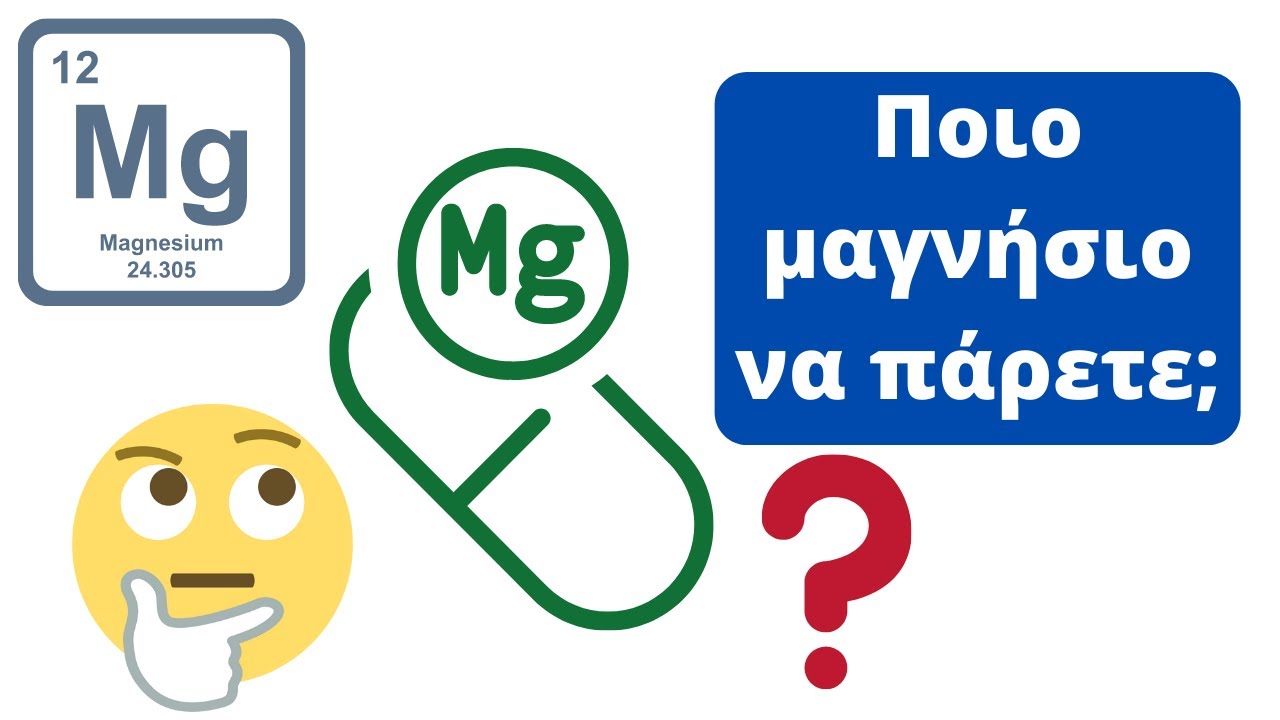








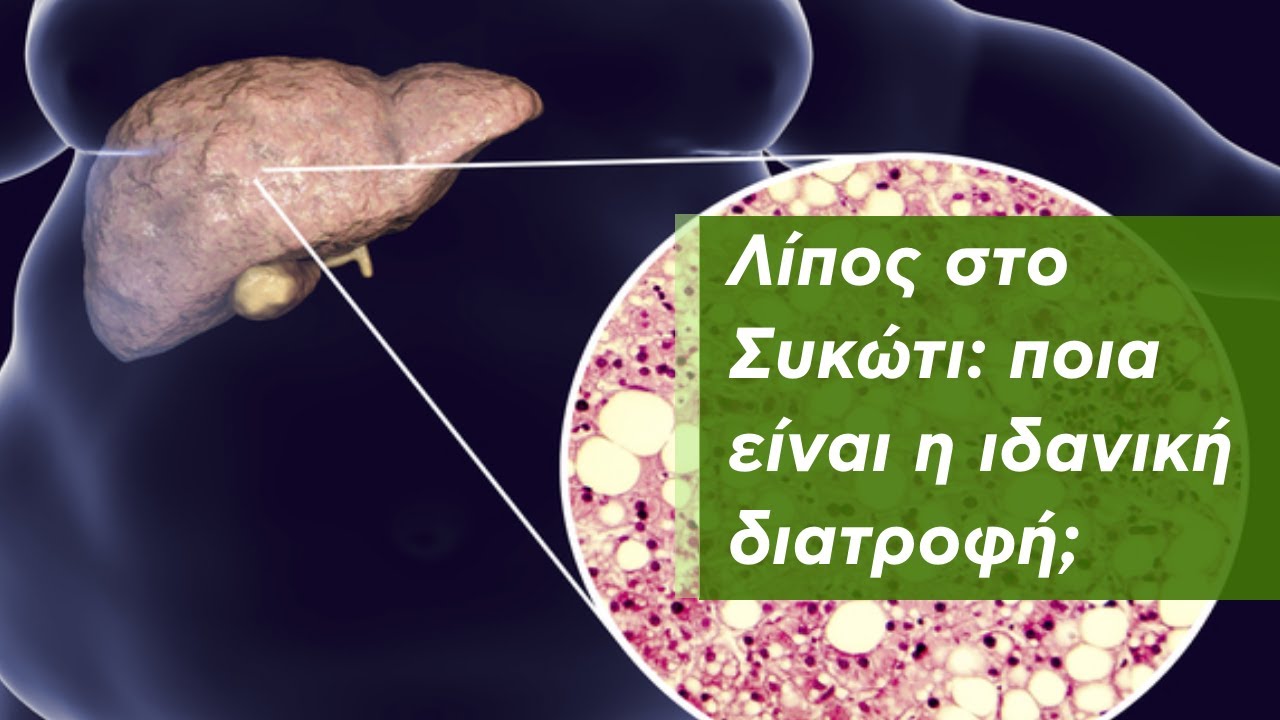




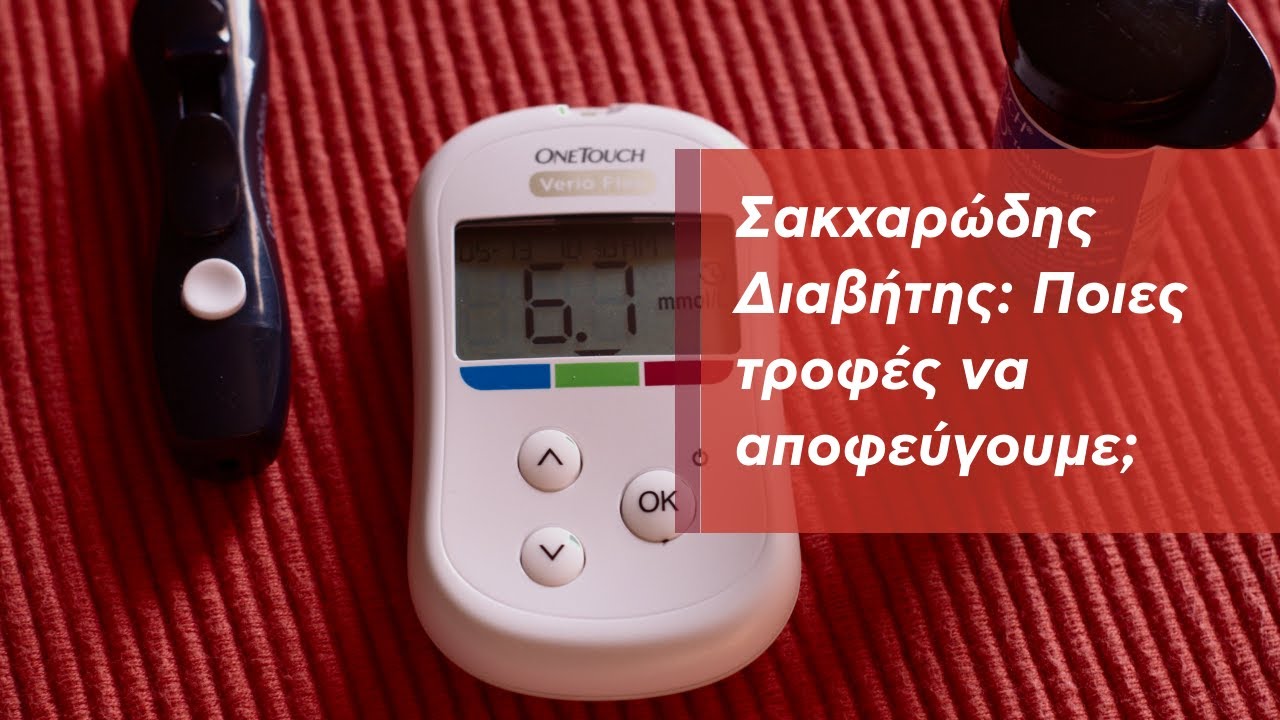



















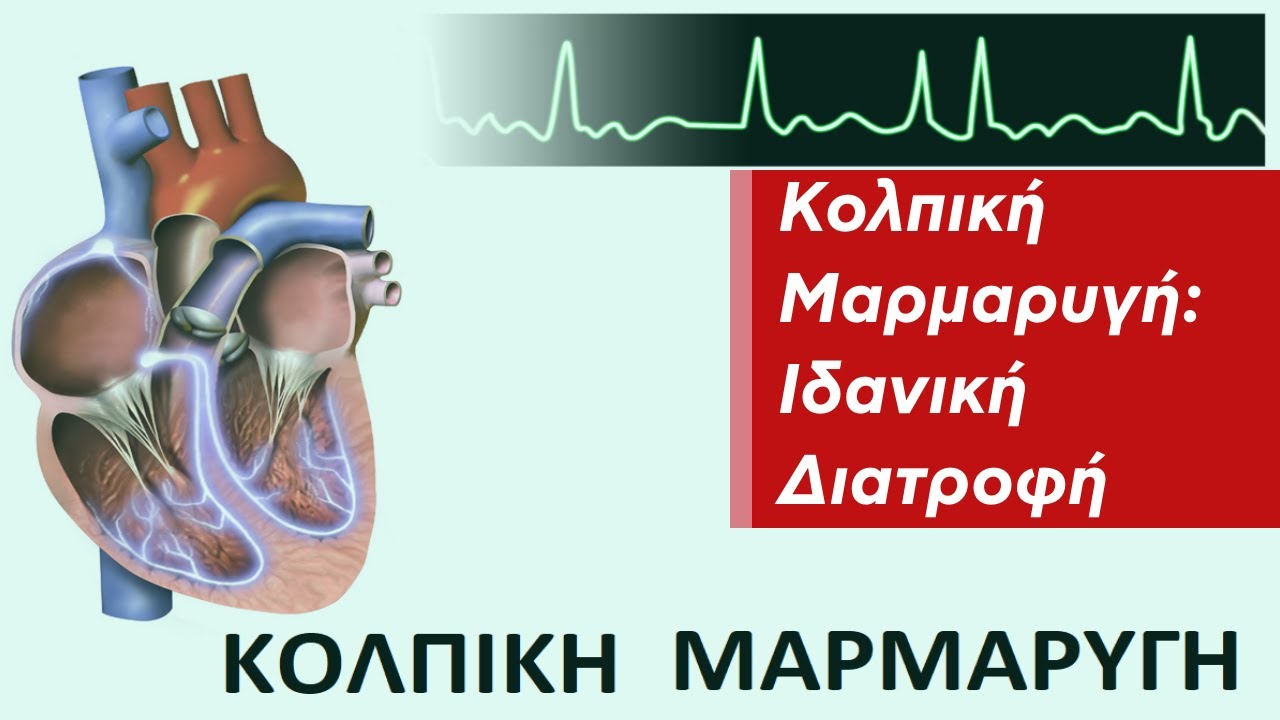






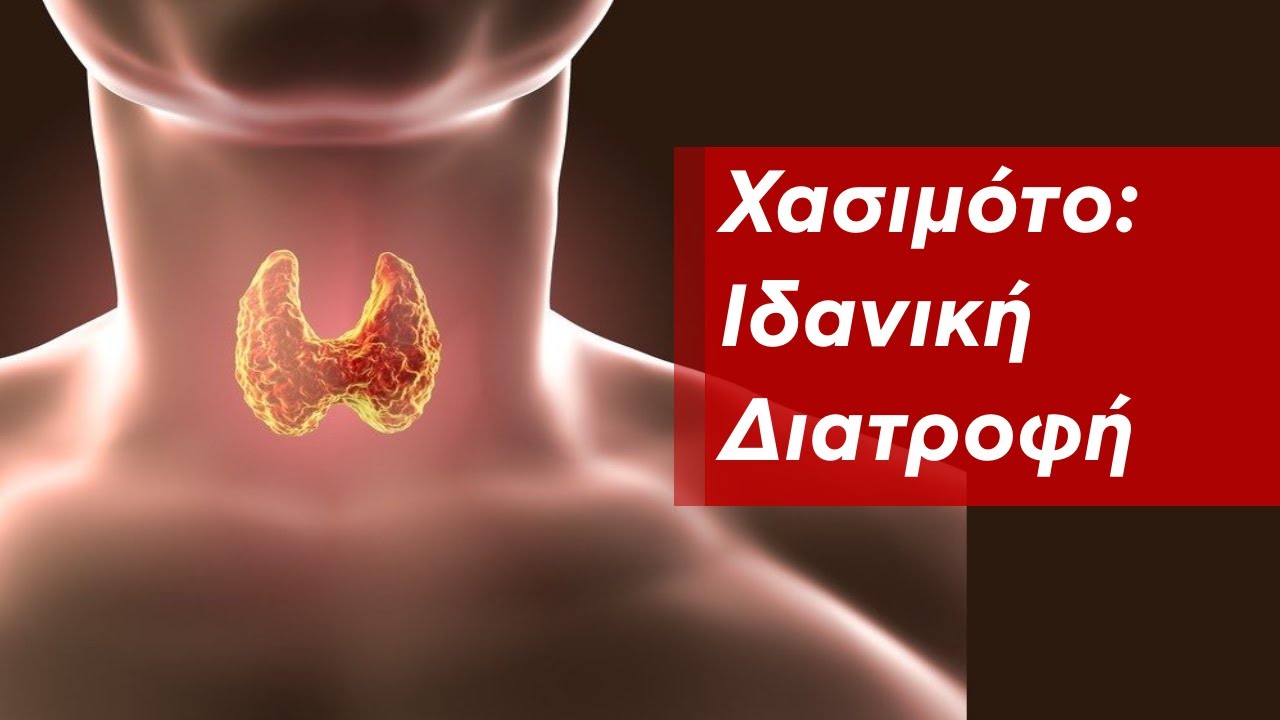
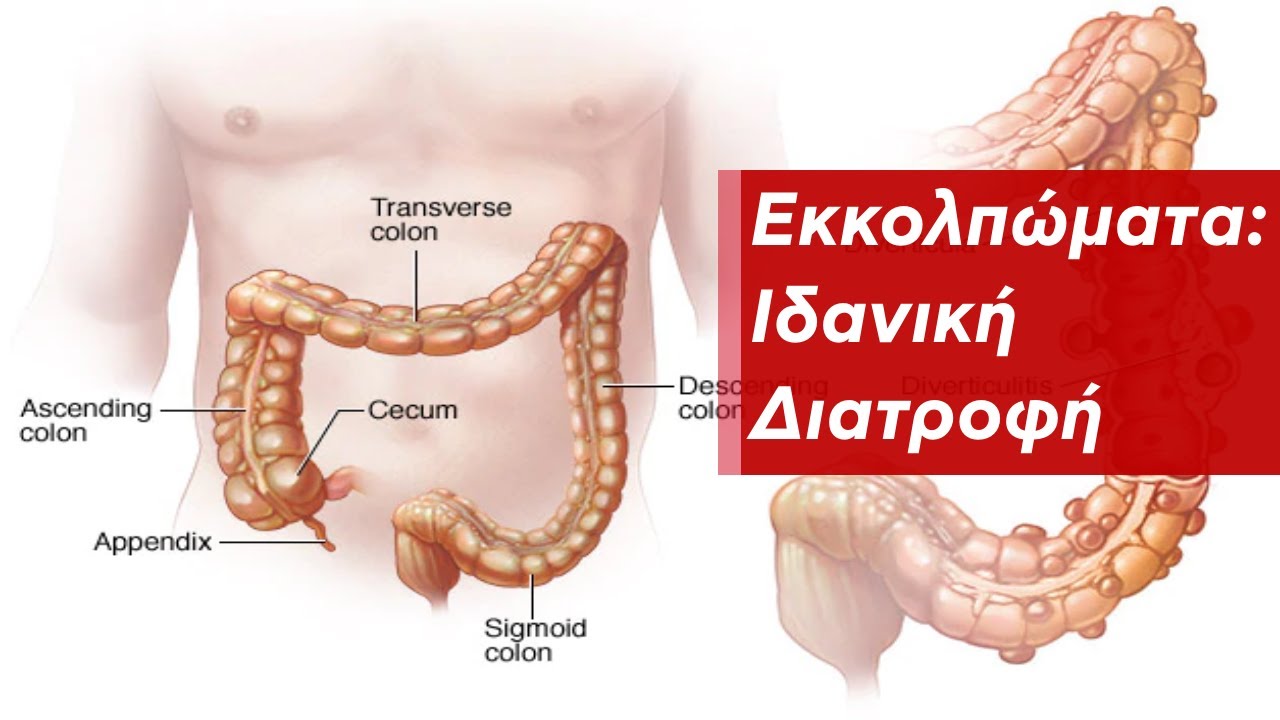






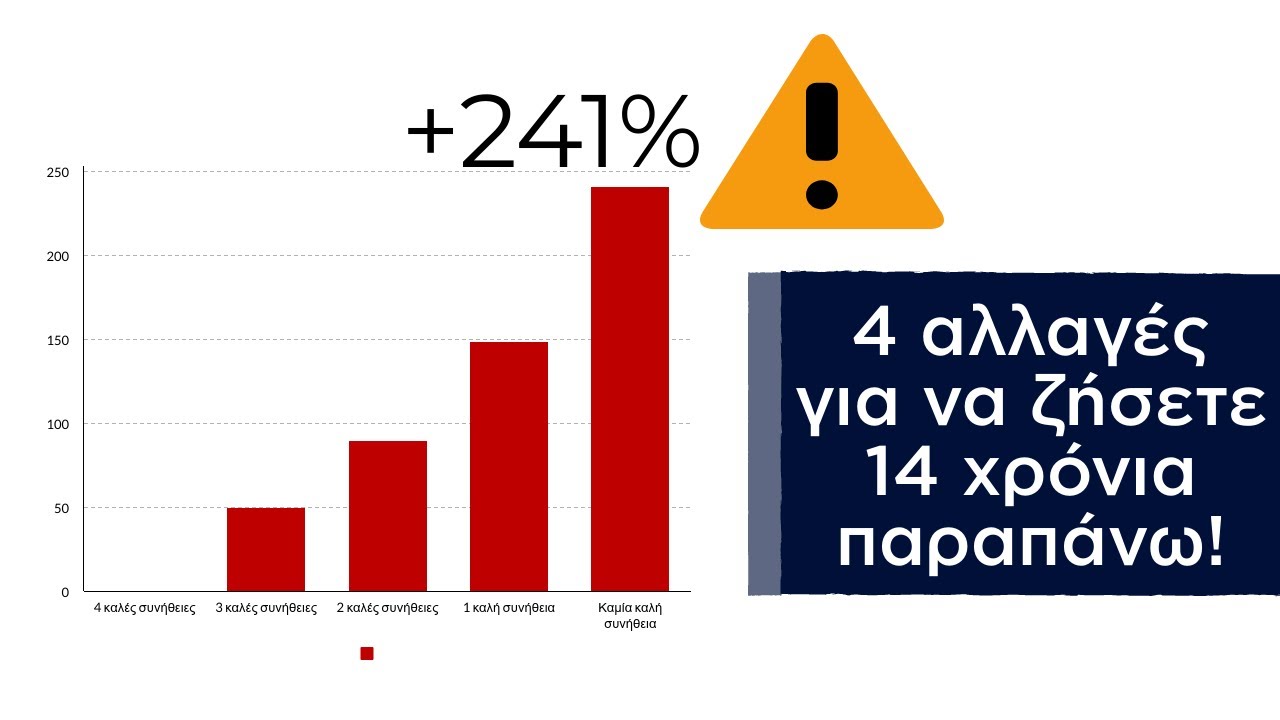

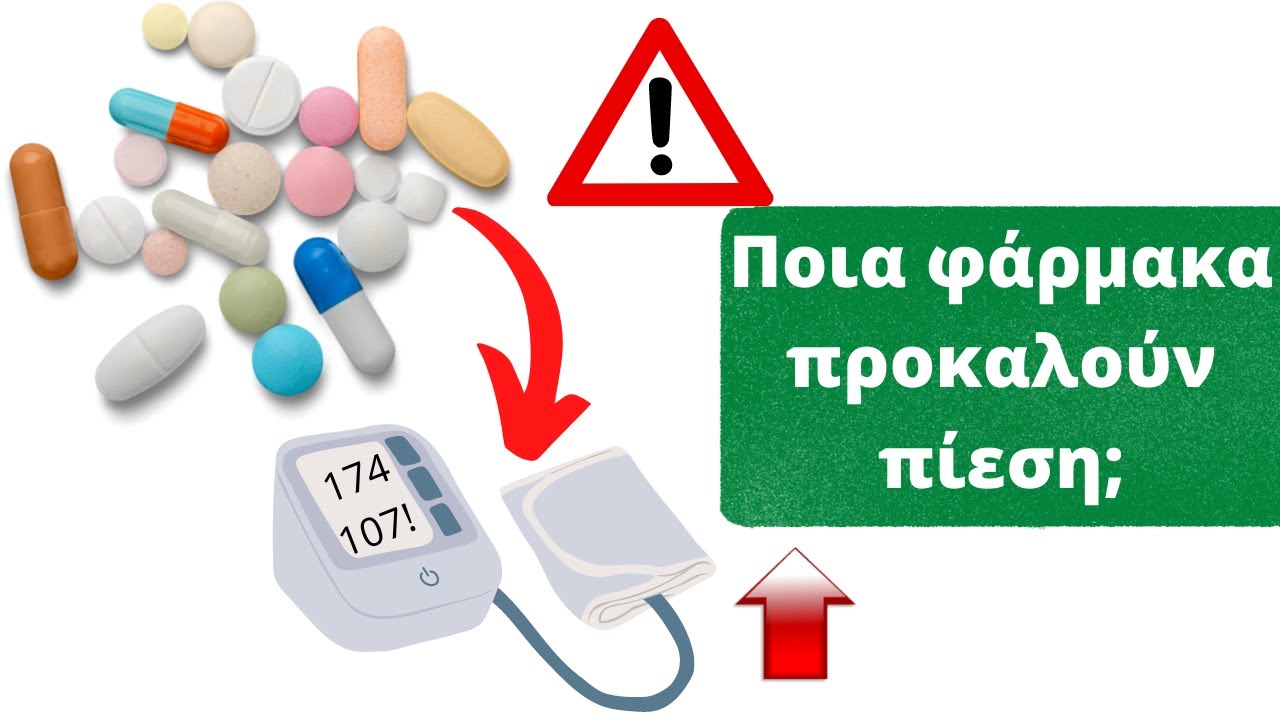




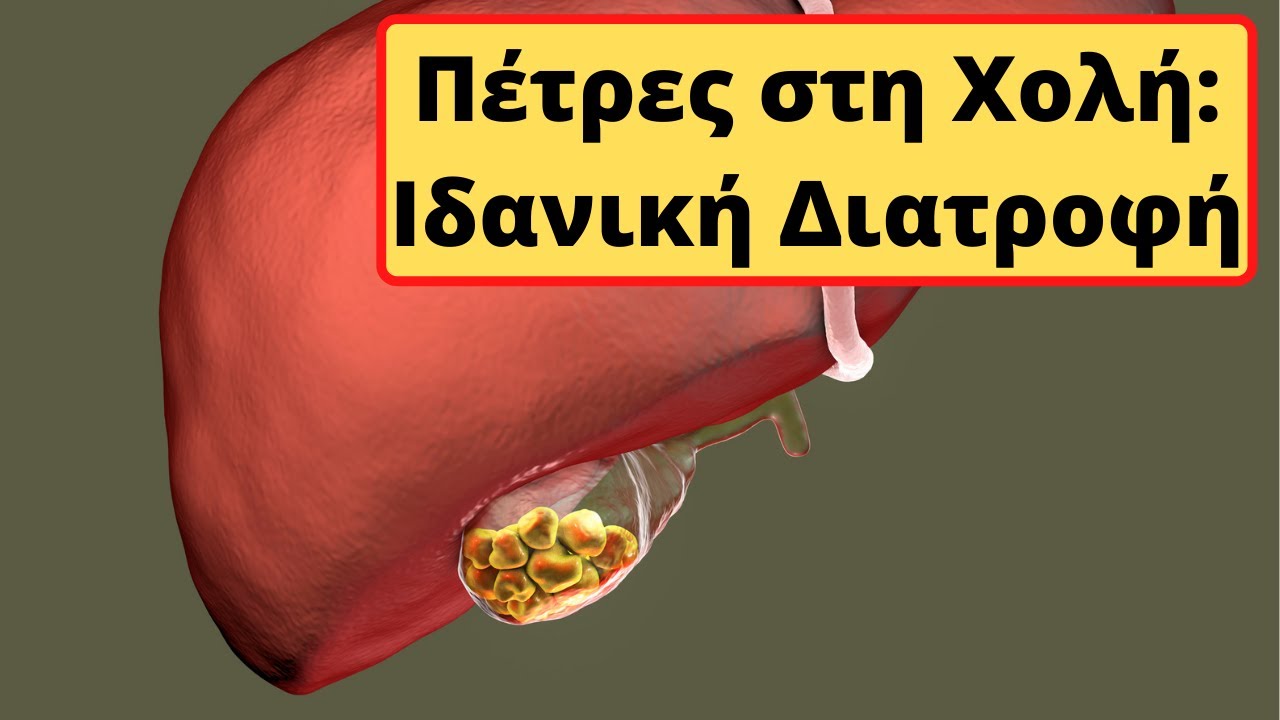

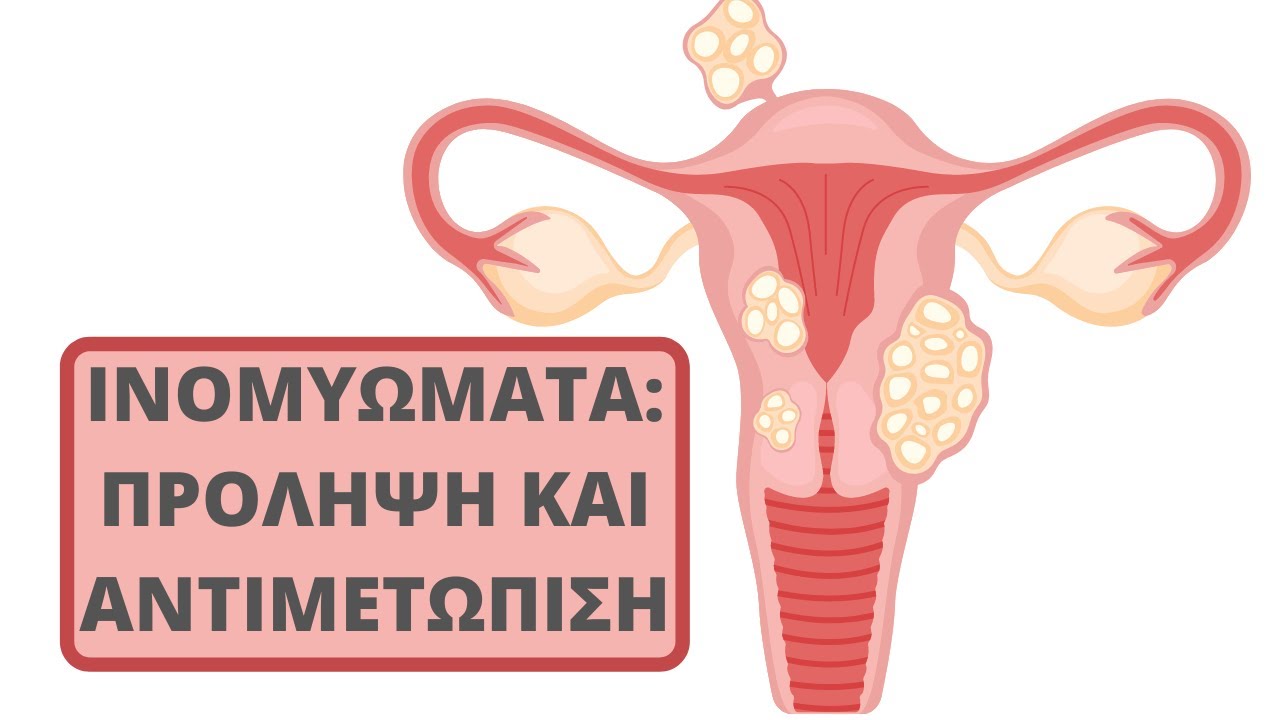


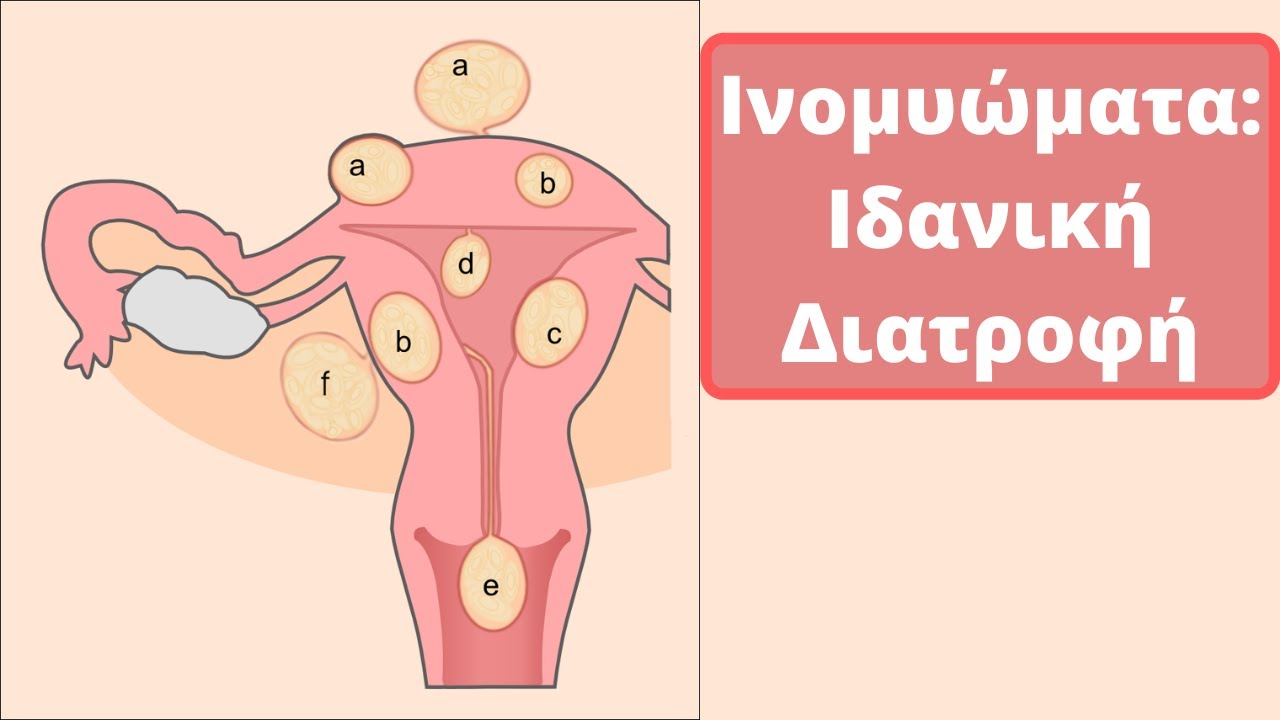







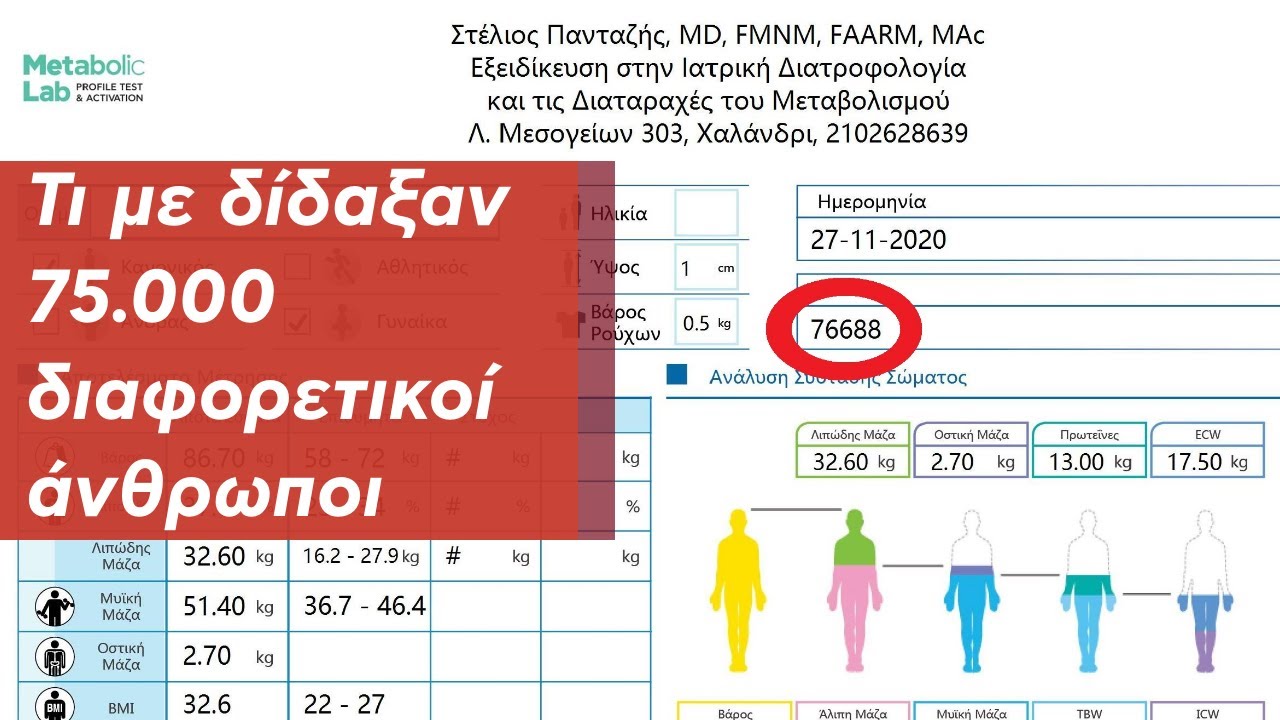
































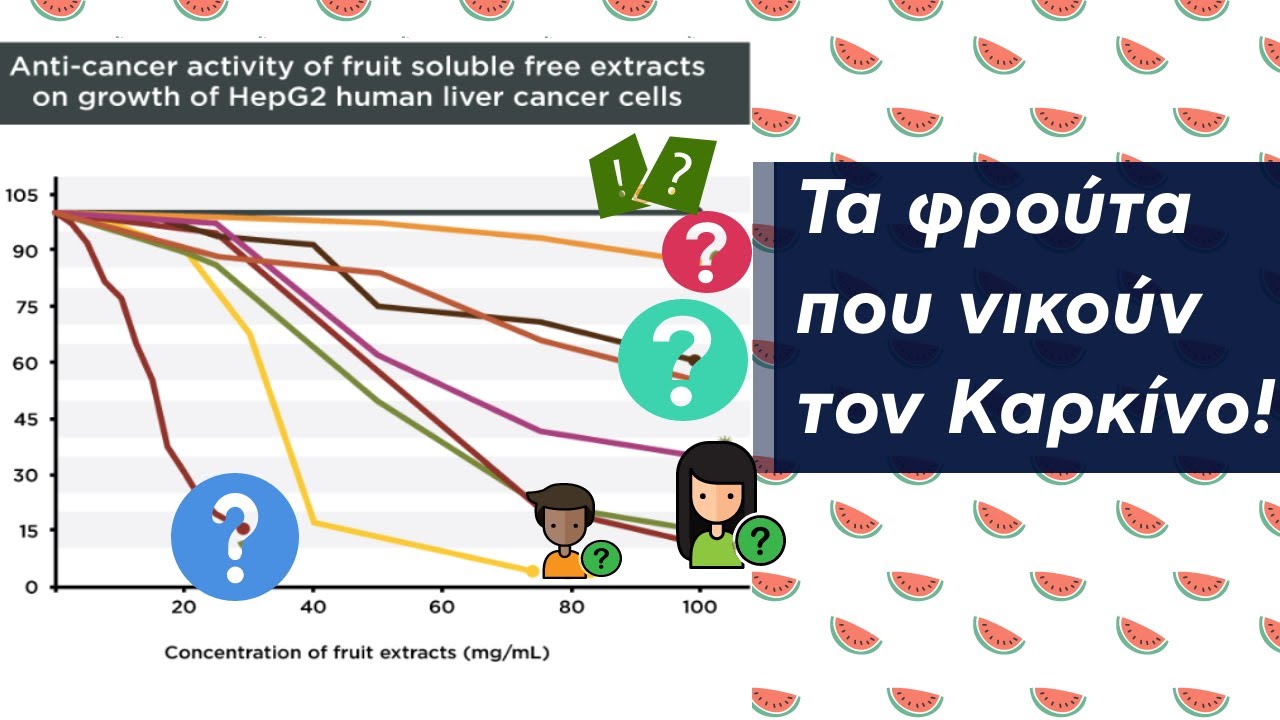


































0 Σχόλια